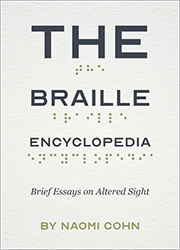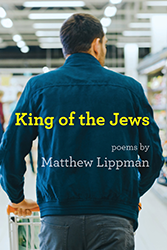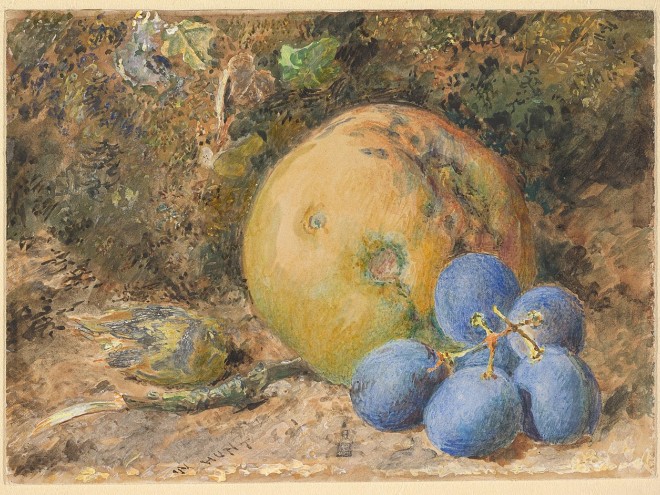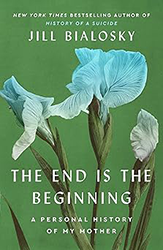What does it mean to belong? What are the limits and possibilities of family? How do we adjust to change, and how do traditions evolve? Each of these questions is worthy of a book-length examination. In A Dress Rehearsal for the Truth, a collection of five brilliant essays, Alan Shapiro manages to consider them all in just over two hundred pages.
Shapiro keeps readers grounded in powerful, illustrative anecdotes and his own insatiable curiosity. In “Call Me Aeneas Shapiro,” the first essay, Shapiro introduces us to his family of origin, alongside his idea of family. Distant aunts, uncles, cousins? Shapiro has no use for them. His “sense of family is based entirely on shared experience, not blood.” When Shapiro and his parents and brother all come together to visit his dying sister, the sister suggests a family therapy session to heal wounds before it’s too late. In a scene reminiscent of David Sedaris’s best, Shapiro’s mom, “a Jewish Hecuba,” refuses to abide by the therapist’s directives. As Shapiro retells family history, he masterfully holds room for both heartbreak and humor, describing how maintaining stances that no longer serve can tragically foil much-desired connections.
In “After I Busted the Mezuzah,” Shapiro examines the tensions inherent in belonging to several tribes. A Jewish child growing up in a secular 1950s American neighborhood, Shapiro remembers an old rabbi who lived nearby. Because the rabbi prayed by the window, wore a prayer shawl, and had tattooed numbers on his arm, he stood in sharp contrast to Shapiro’s own family who preferred to melt in America’s pot: “We were Jewish-Americans of that moment: we could be Jews at home and in the synagogue on the high holidays, but everywhere else we were good Americans, like everybody else, only more so. What it meant to belong in either world, among either tribe, it seemed, was not to stand out like the old rabbi …”. Questions of how to balance various affiliations are still with us today, and Shapiro illustrates how dramatically the pendulum has swung. He recounts a discussion in a writing workshop he led several years ago. When a white male student offered a poem written in the voice of a black woman, the other workshop participants were offended by the cultural appropriation. Shapiro doesn’t judge — or at least not harshly. He probes deeply into how imagination becomes stifled by identity-based parameters, and at what cost.
With each essay, Shapiro broadens his lens. He writes about language, specifically the language of poetry, and about the universal qualities of stories. Shapiro not only offers a masterclass to students and lovers of poetry but a delightful primer to anyone interested in how language and storytelling work. He returns to earlier themes, discussing how literary traditions evolve and, therefore, survive. The final essay, “A Talk with Charlie’s Ghost” is a dialogue between Shapiro and the deceased poet C. K. Williams. Shapiro responds to selections of “Charlie’s” writings, resulting in a beautiful back-and-forth between two wise, longtime friends. The essay serves as a fitting end to a stunning collection about families — of both blood and choice — literature, identity, and change.
Diane Gottlieb is the editor of Manna Songs: Stories of Jewish Culture & Heritage, Awakenings: Stories of Body & Consciousness, and Grieving Hope. She is the Special Projects Editor for ELJ Editions and the Prose/Creative Nonfiction Editor of Emerge Literary Journal. Her writing appears in Brevity, River Teeth, Witness, Florida Review, The Rumpus, and Huffington Post, among many other lovely places.





